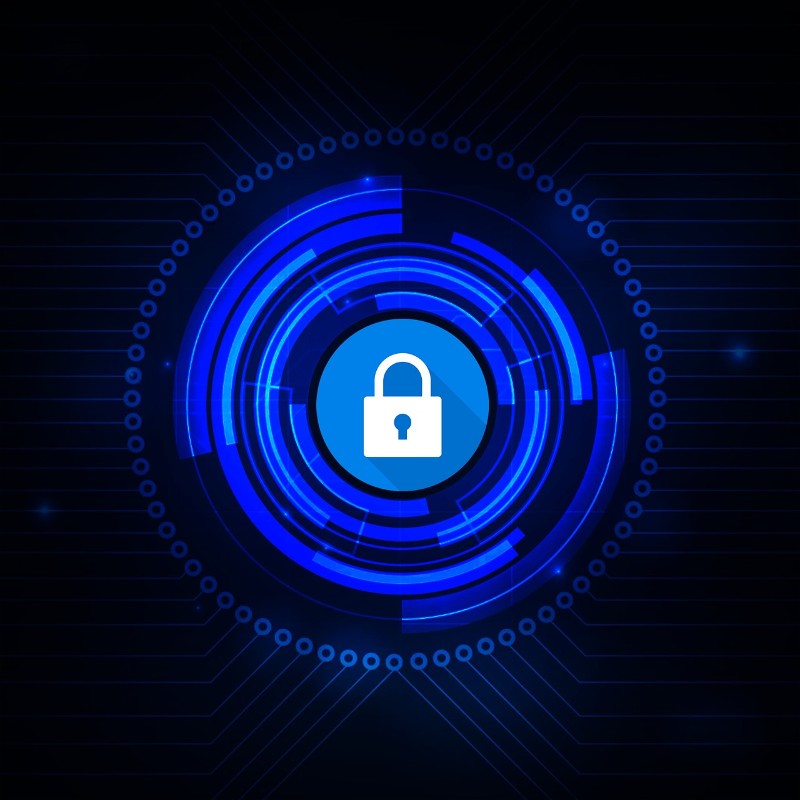
Two-factor authentication, or 2FA, adds an extra step into apps on your computer and mobile devices like your tablet and smartphone. Without 2FA, you enter in your username and password, and then you're done. The password is your single factor of authentication. The second factor (2FA) makes your account more secure.
But 2FA is nothing new. When you use your credit card and you must enter in your ZIP code to confirm a charge, that's an example of 2FA in action. You must provide a physical factor, the card, and a knowledge factor, the ZIP code.
Two-factor authentication adds a second level of authentication to an app's account log-in. 2FA requires the user to have two out of three types of credentials before being able to access an account. PC Magazine's lead security analyst said the three factors of authentication are:
Something you know, such as a personal identification number (PIN), password or a pattern
Something you have, such as an ATM card, phone, or fob
Something you are, such as a biometric reading like a fingerprint or voice print
Twitter uses it. Apple uses it, too. Google, Microsoft, Facebook and Amazon have had it for a while. Sound IT implements it with its Managed IT services to ensure its clients' computers and users are well-protected against hackers.
It definitely adds an extra step to your log-in process, and depending on how the account vendor, like your bank, has implemented it, it can be a minor inconvenience or a major pain. Much also depends on your patience and your willingness to spend the extra time to ensure a higher level of security.
Jim Fenton, chief security officer at OneID, told CNET, "... 2FA is a good thing, but it does make the user experience more complicated...It's done when you're logging into an account on your device for the first time, for example."
Fenton added that 2FA offered more protection than logging in without it. "When you make an attack harder, you're disabling a certain subset of the hacker community," he said.
Jon Oberheide, chief technology officer of Duo Security, told CNET that many of his customers start off thinking that implementing 2FA will be expensive or hard to use, but often find that their experience with it is the opposite.
Fenton noted that increased adoption of 2FA could create opportunities to refine the technology. "Should we be planning now on designing something that can scale to large numbers of sites? It seems that 2FA is really exploding right now," he said.
Despite its problems, Oberheide sounded optimistic about the development of 2FA. "If we can increase the security and usability of 2FA at the same time, that's a holy grail that's often difficult to achieve," he said.
Our technicians can help make you be more secure online! Call us at (425) 654-2502 to schedule an appointment.